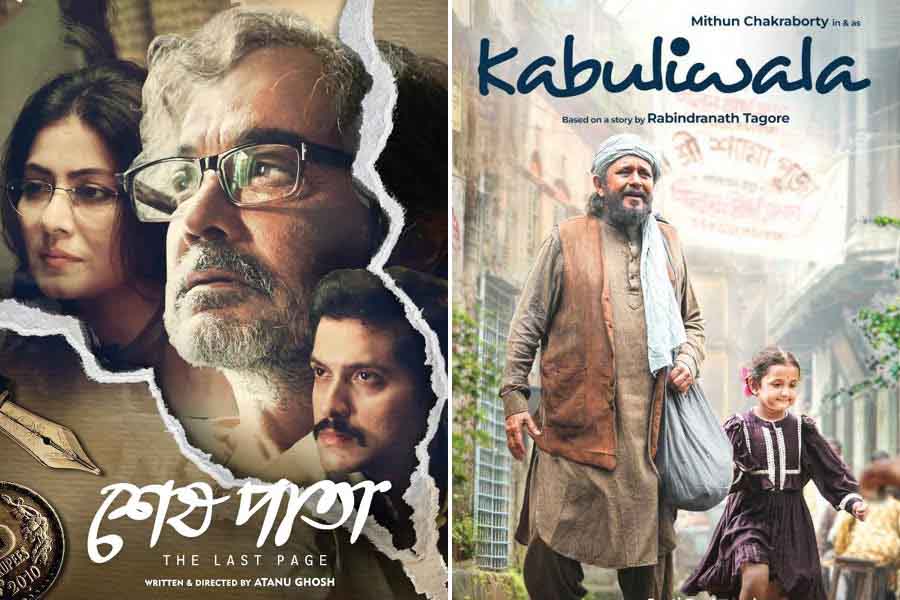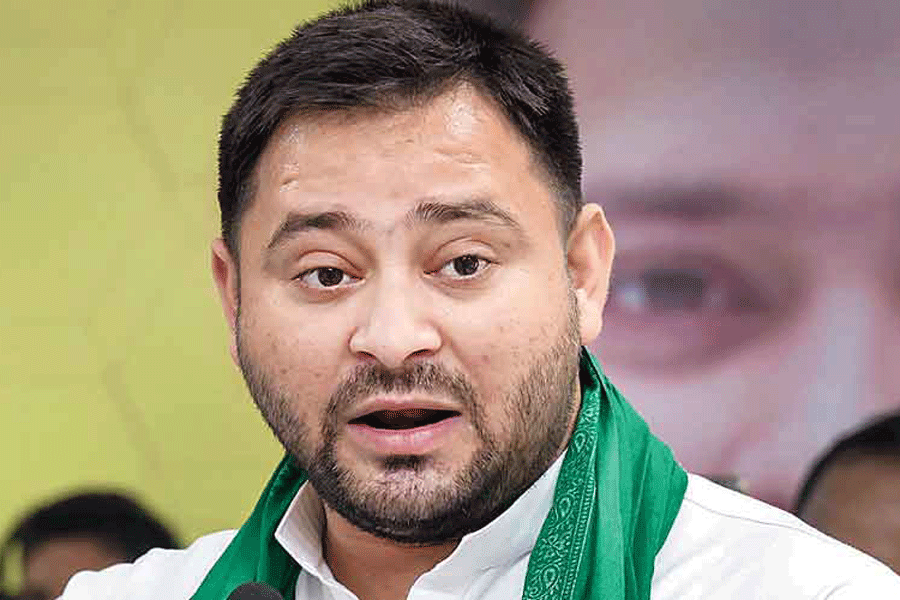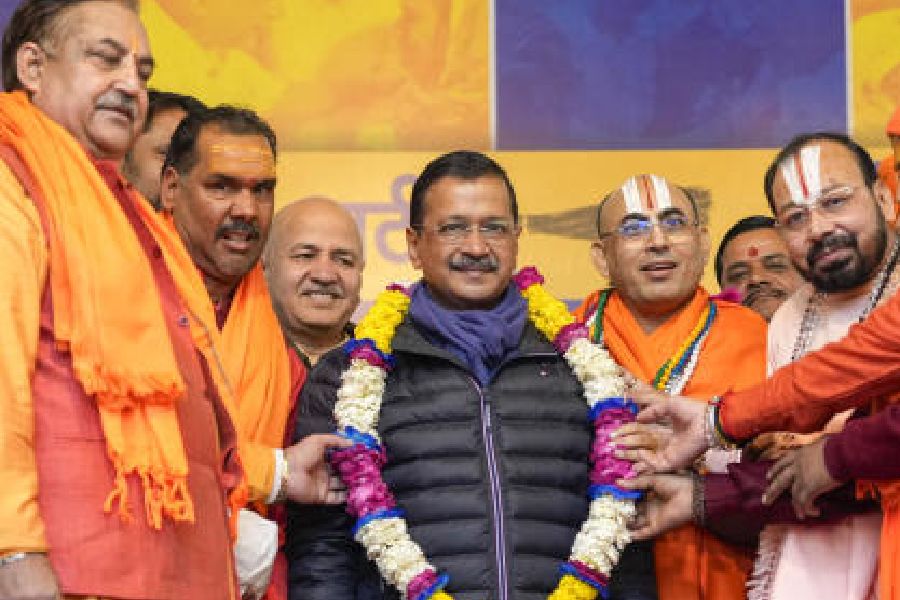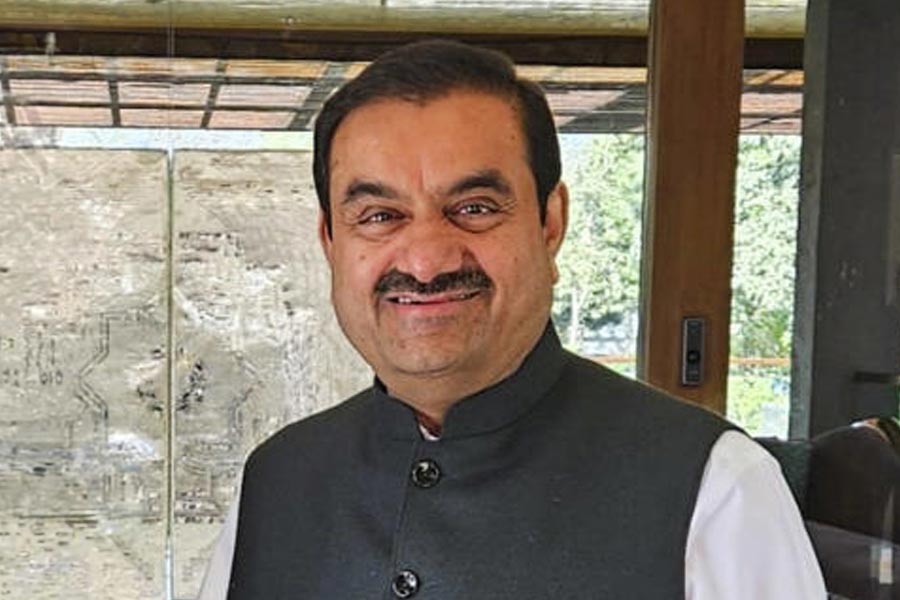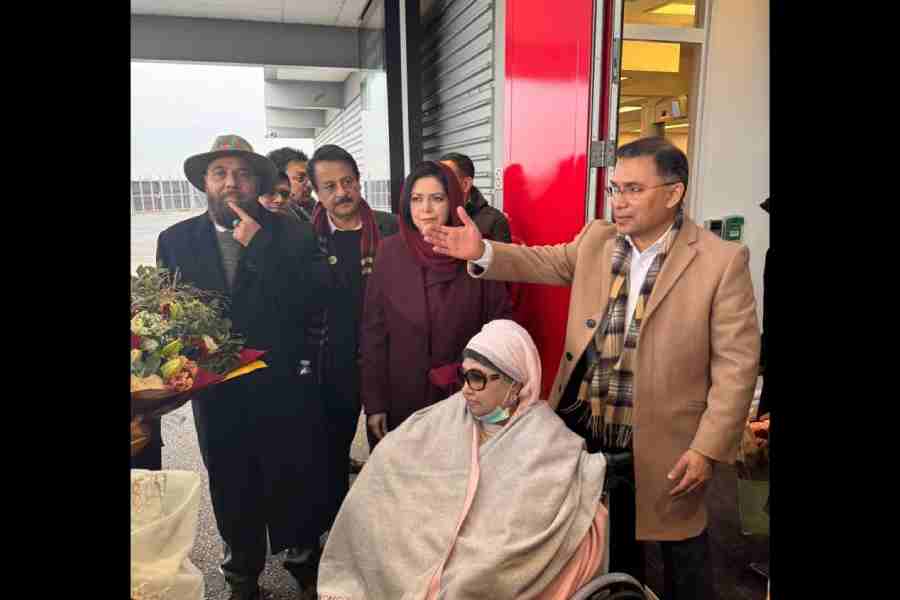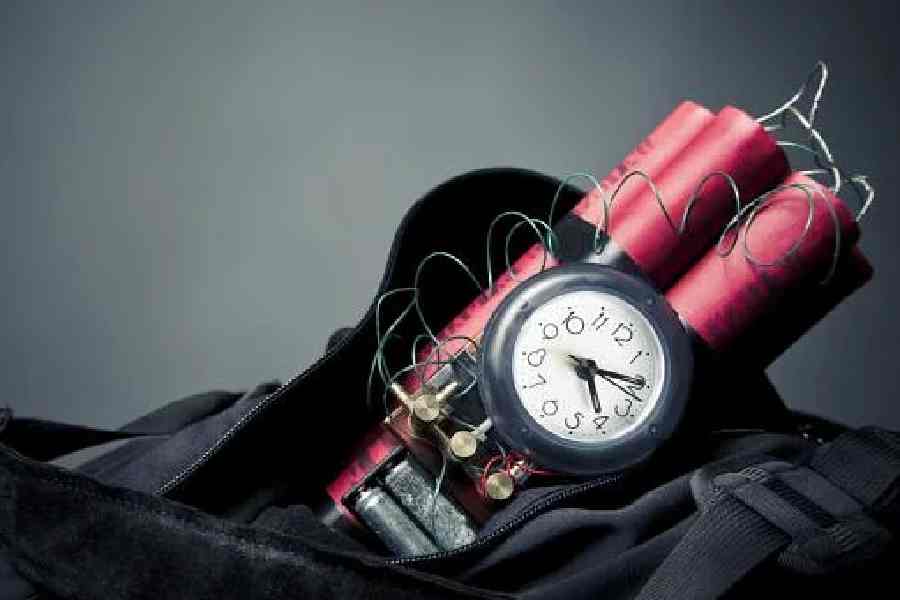Looking back at the state of Bengali films in 2023, the heartwarming heroics of three films in the last quarter of 2022 — Ballabhpurer Roopkotha, Dostojee and Jhilli — seem just a flash in the pan. Sadly, the moribund industry appears to be in a slow drift to nowhere. Of the approximately 60 Bengali films that made it to the theatres this year, only a handful resonated beyond the confines of the dark hall.
Shesh Pata
Leading the list is Atanu Ghosh’s Shesh Pata, a poignant meditation on compassion and memories. Prosenjit Chatterjee is brilliant in what is probably the crowning glory of his acting career. While Shesh Pata ranks not only as my best Bengali film of the year but also among the top Indian films, Prosenjit’s should go down as one of the finest performances of the year across languages. If there is one Bengali film that should do the industry proud and that stands out in the bleak scenario, it is Shesh Pata.
Kabuliwala
Following closely on the heels of Atanu Ghosh’s film is Suman Ghosh’s Kabuliwala. With the spectre of Tapan Sinha’s film hanging over it and Chhabi Biswas’s rendition in the titular role still part of the Bengali consciousness, Suman Ghosh had a tough act to follow. And he delivers, making this as much his Kabuliwala (incidentally, this is Suman’s first literary adaptation) as it is Rabindranath Tagore’s. Probably with the most mainstream film of Suman’s career, in the way the he wears his heart on his sleeve about the many issues the film addresses, Kabuliwala has two of the finest performances of Bengali cinema of the year – Mithun Chakraborty as Rehmat and Anumegha Kahali as Mini, surely the scene stealer of 2023.
Niharika
A couple of films deserved more love than they probably received. Both involve directors who made a strong statement by flowing against the tide. Indrasis Acharya’s Niharika moved me with its honest approach to themes that are rarely addressed in Bengali cinema – incest, lust and depression. In the hands of Indrasis, this adaptation of Sanjib Chattopadhyay’s novel Bhoy becomes a meditative exploration of desire, loneliness and the quest for that elusive connection with another human being. The director uses the seasons brilliantly to convey the changing mood of its protagonist. In this he is aided by the film’s lush cinematography that shows a remarkable feel for its landscape. And then there is Anuradha Mukherjee, with the best female performance of the year in Bengali cinema. Her face is a picture of the character’s state of mind, her fragility and vulnerability and her heart-rending struggle to come to terms with her mental turmoil.
Mayar Jonjal
Indranil Roy Chowdhury’s Mayar Jonjal paints a heart-breaking kaleidoscope of a metropolis ‘less shining’, adapting two short stories by Manik Bandopadhyay, ‘Bishakto Prem’ and ‘Subala’, into one seamless narrative. Though Manik Bandopadhyay’s stories are set in 1952-53, the film unfolds against the backdrop of contemporary Kolkata, and it is to the credit of the director that the film feels so relevant in its concerns and the world it evokes even 70 years later. That the inherent bleakness and the underpinnings of violence do not in any manner come in the way of the film delivering an emotional sucker punch is largely due to the sensitive writing and an array of fine performances, including Bratya Basu, Ritwick Chakraborty and two female acts that need to be recognised – Chandrayee Ghosh and Aupee Karim. Mayar Jonjal stays with you after you have left the theatre and to the credit of the director he does not succumb to the temptation of a neat resolution and tying up loose ends.
Revolver Rohoshyo
In an industry literally gagging with Byomesh and Feluda adaptations, I had so much fun watching Anjan Dutt’s Revolver Rohoshyo that introduced a new detective in the cinematic landscape. Based on a character the filmmaker created for a series on Klikk and then a couple of books, Revolver Rohoshyo provides a sleuth who is a world apart from the Byomkeshes and Feludas. Private eye Subrata Sharma is flawed, he is an impossible dreamer and he uses the identity of his dead mentor, Danny Banerjee, to solicit cases, only to have the dead man’s ghost (played with a wicked feel by Anjan Dutt himself) visit him at important junctures to guide him. Laced with the film-maker’s pungent sense of humour, this is a detective I hope to see more of.
And also…
The year ended with a full-on masala outing, Pradhan, starring the inimitable Dev. Though I was less than impressed with the actor’s attempt at playing Byomkesh and Bagha Jatin earlier in the year, in Avijit Sen’s Pradhan he is in top form. With punchy dialogues guaranteed to bring the house down, an endearing lightness of approach, and two strong performances from Paran Bandopadhyay and Anirban Chakrabarti (this is one actor I am looking forward to seeing more of – he has been quite the flavour of the year), I enjoyed Pradhan immensely, its hackneyed theme and broad strokes notwithstanding.
Shantanu Ray Chaudhuri is a film and music buff, editor, publisher, film critic and writer

